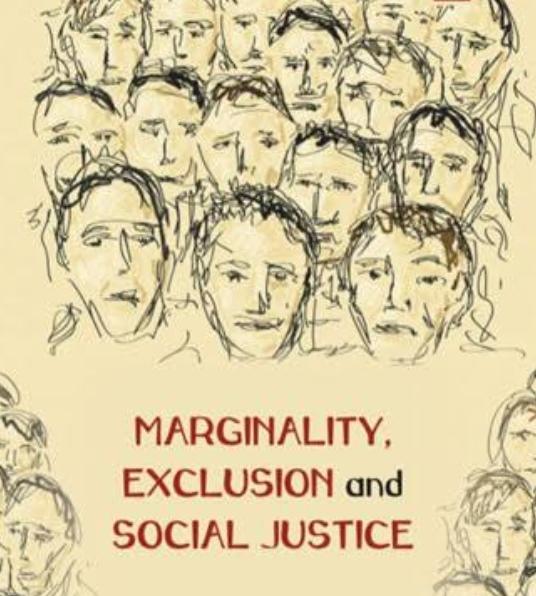The qualities of resilience, empathy, innovation, authenticity, and motivation found in leaders from marginalized societies can lead to transformative leadership.
- Uplifting these voices is essential for achieving a more equitable and just society
1. **Resilience and Adaptability**
- Leaders from marginalized backgrounds face systemic challenges.
- Personal adversity fosters strength and the ability to navigate complex situations.
- Example: Nelson Mandela’s perseverance in overcoming apartheid.
2. **Empathy and Understanding**
- Firsthand experiences of injustice lead to a deeper understanding of social issues.
- Empathy builds trust and connection with diverse communities.
- Example: Malala Yousafzai’s advocacy for girls' education based on her experiences.
3. **Innovative Problem-Solving**
- Limited resources encourage creativity and resourcefulness.
- Grassroots movements often develop sustainable and effective solutions.
- Example: Community-driven initiatives addressing local issues.
4. **Authenticity and Representation**
- Leaders from marginalized societies often embody the struggles of their communities.
- Authenticity fosters credibility and inspires others to engage in activism.
5. **Motivation for Social Change**
- Personal experiences of inequality drive commitment to justice and equity
- These leaders often mobilize communities around common goals
.

